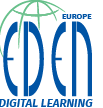
- This event has passed.
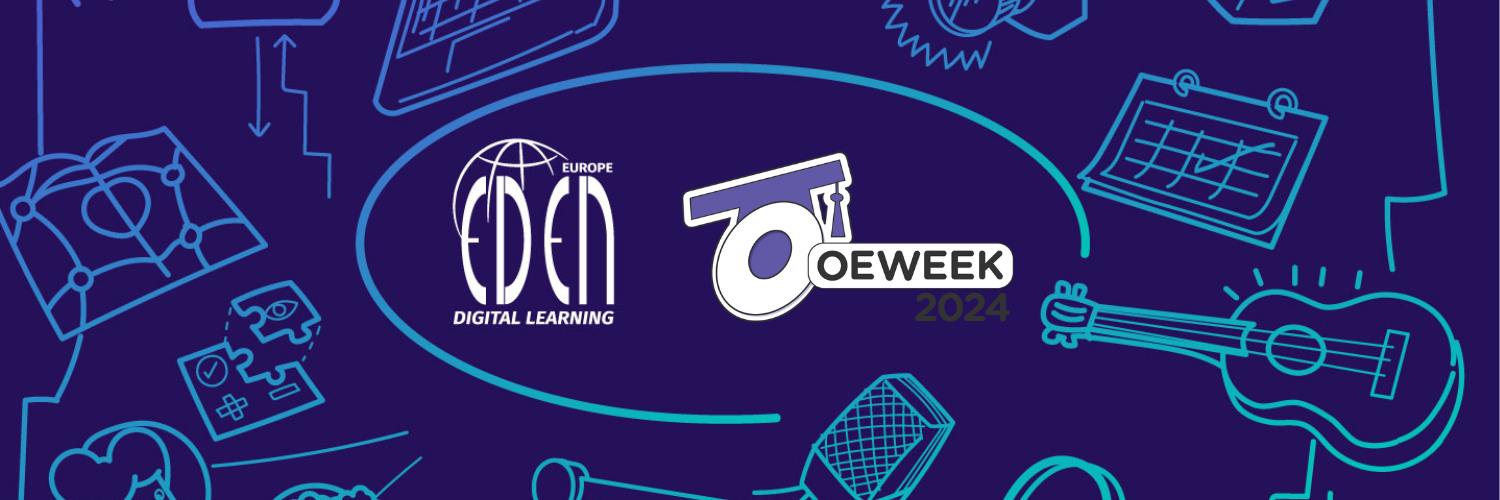
Open Education Week 2024 – Insights on Technology-supported Teaching, Learning and Teacher Development in Contexts of Low Resources and Marginalisation
March 5, 2024 @ 14:00 – 15:30
Description
Remote access to educational resources and opportunities for study or professional development increasingly depend on continuous access to technology, particularly smartphones and other mobile devices. Many people find themselves excluded, due to limited personal and local resources as well as multiple forms of marginalisation. In this session we present experiences and research findings from recent funded projects in low resource settings in several countries, with a special focus on Asia and Africa. The common theme in these projects has been a focus on marginalised or resource-constrained educators and students, including refugees and those who are from marginalised minority ethnic backgrounds. We draw attention to the aspirations and motivations of our research participants in their education contexts and share important insights into their experiences with technology.
Format: presentations
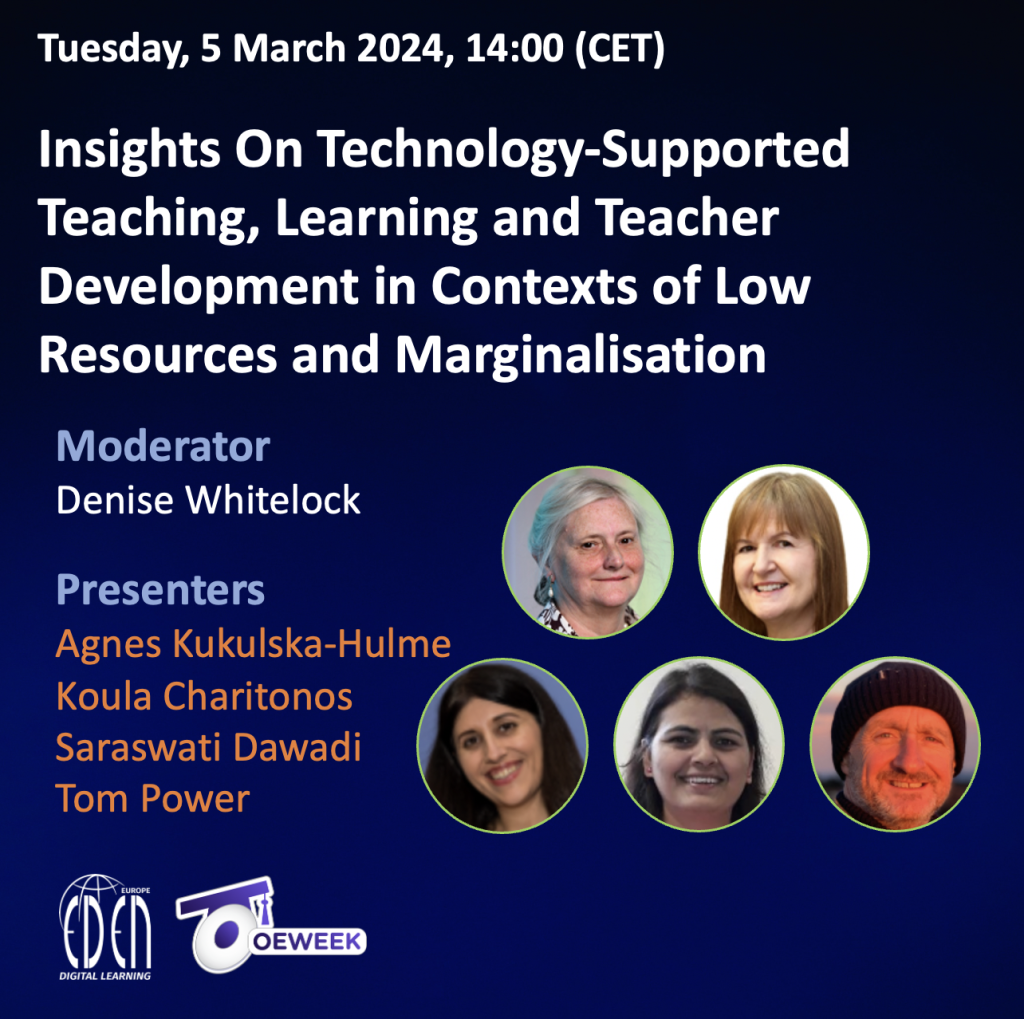
Moderator
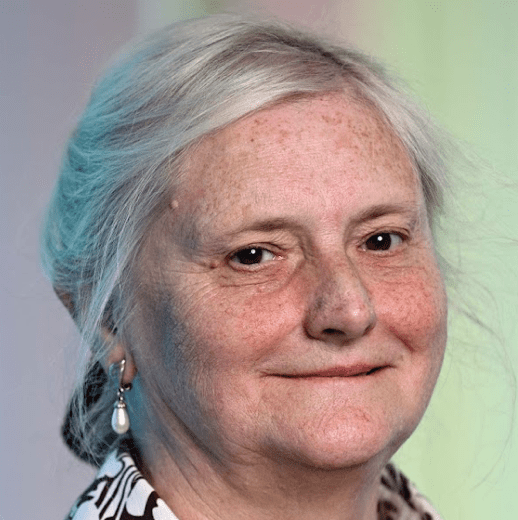
Denise Whitelock is a Professor of Technology Enhanced Assessment and Learning and Director of the Institute of Educational Technology (UK) at The Open University with over 20 years of experience in designing, researching and evaluating online and computer-based learning in Higher Education. She led the Supportive Automated Feedback for Short Essays project funded by the Engineering and Physical Sciences Research Council with Oxford University, providing students with automatic feedback on electronic drafts of their assignments supplementing tutor support. Her work has received international recognition by holding visiting chairs at the Autonoma University, Barcelona, and the British University in Dubai UAE. She is currently serving as the European Distance and E-Learning Network’s (EDEN) Vice President of Research and holds a Commonwealth of Learning Chair. Denise is a Fellow of the Academy of Social Sciences. For complete publication list see: http://oro.open.ac.uk/view/person/dmw8.html
Presenters
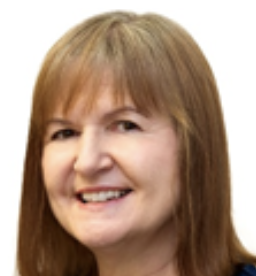
Agnes Kukulska-Hulme is Professor of Learning Technology and Communication Learning in the Institute of Educational Technology at The Open University, UK, where she leads the Learning Futures Research and Innovation Programme and the Innovating Pedagogy series of reports. Her work encompasses online distance education, mobile learning and language learning. In addition to well over 300 academic publications and papers, she has authored policy and practice reports for UNESCO, British Council, Commonwealth of Learning, International Research Foundation for English Language Education and Cambridge University Press. Currently she leads and works on several large-scale research projects in the UK and across Africa and Asia, focusing on diverse experiences of using technology and the English language for access to online services and for formal and informal learning.
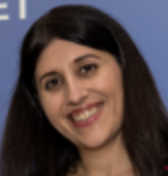
Koula Charitonos is a Senior Lecturer at the Institute of Educational Technology in the Open University (OU). Her research is concerned with understanding aspects of human learning supported by technology in ways that contribute to projects of educational justice. Her research is integrative and spans three areas: 1. Professional learning for complex professional knowledge work; 2. Socio-technical practices for learning across formal and informal settings and 3. Participatory approaches to research and development of educational technology. Her current research projects maintain a strong interest in education in crisis contexts and foreground that educational spaces and practices are political; they can be transformative and bring possibilities to help create more just futures. She draws on ethnographic and participatory approaches in her scholarly work that help develop disciplinary expertise while expanding disciplinary boundaries. She has taught in a range of educational settings and take a collaborative approach to the research and design of technology, partnering with students, educators, researchers, civil-society organisations and policy organisations.
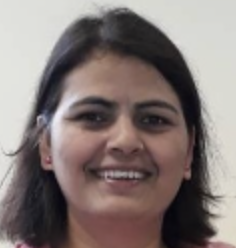
Saraswati Dawadi is currently a research associate at The Open University (OU), UK, with over 15 years in the education field. She holds a doctorate in Language Assessment from the OU. Prior to starting her work at the OU, she was a teacher educator at Tribhuvan University. Her current research is around language assessment, equity and inclusion in education, girls’ empowerment and professional development through online learning. She brings a significant experience of teaching and research, and engagement with external/internal stakeholders to ensure educational programmes are tailored to local needs and context. At the OU, she is co-investigating two projects. The first project looks at the impact of COVID-19 on equitable access to higher education in Nepal and Kenya whereas the second one has a major focus on the role of technology and English language in reinforcing or reducing marginalisation in Bangladesh, Nepal, Sudan and Senegal. She is also working on the Fleming Fund project that explores how online courses are designed at global and local level, and how such courses support for professional development of health professionals in low- and middle-income countries. She has published her work in journal articles and book chapters, and presented it at many international conferences.

Tom Power leads pioneering research and development projects exploring the use of supported open learning to strengthen Continuous Professional Development for educators. Predicated on a distinctive pedagogic framework, rigorous research, and equitable collaboration, his work addresses the needs of educators serving children from lower-income households in South Asia and Sub-Saharan Africa—at scale—and has been applied across primary, secondary, and non-formal education, covering a broad range of subjects and skills. Tom works through diverse international partnerships, identifying ‘big picture’ strategic issues whilst dealing with complexity and uncertainty, often helping education decision-makers shift focus from materials and technologies to supporting learning. The impact of Tom’s work is seen through strengthened teaching practices, improved learning outcomes, and new public policies. Tom is Deputy Associate Dean, Knowledge Exchange and is a Principal Fellow of the Higher Education Academy.
